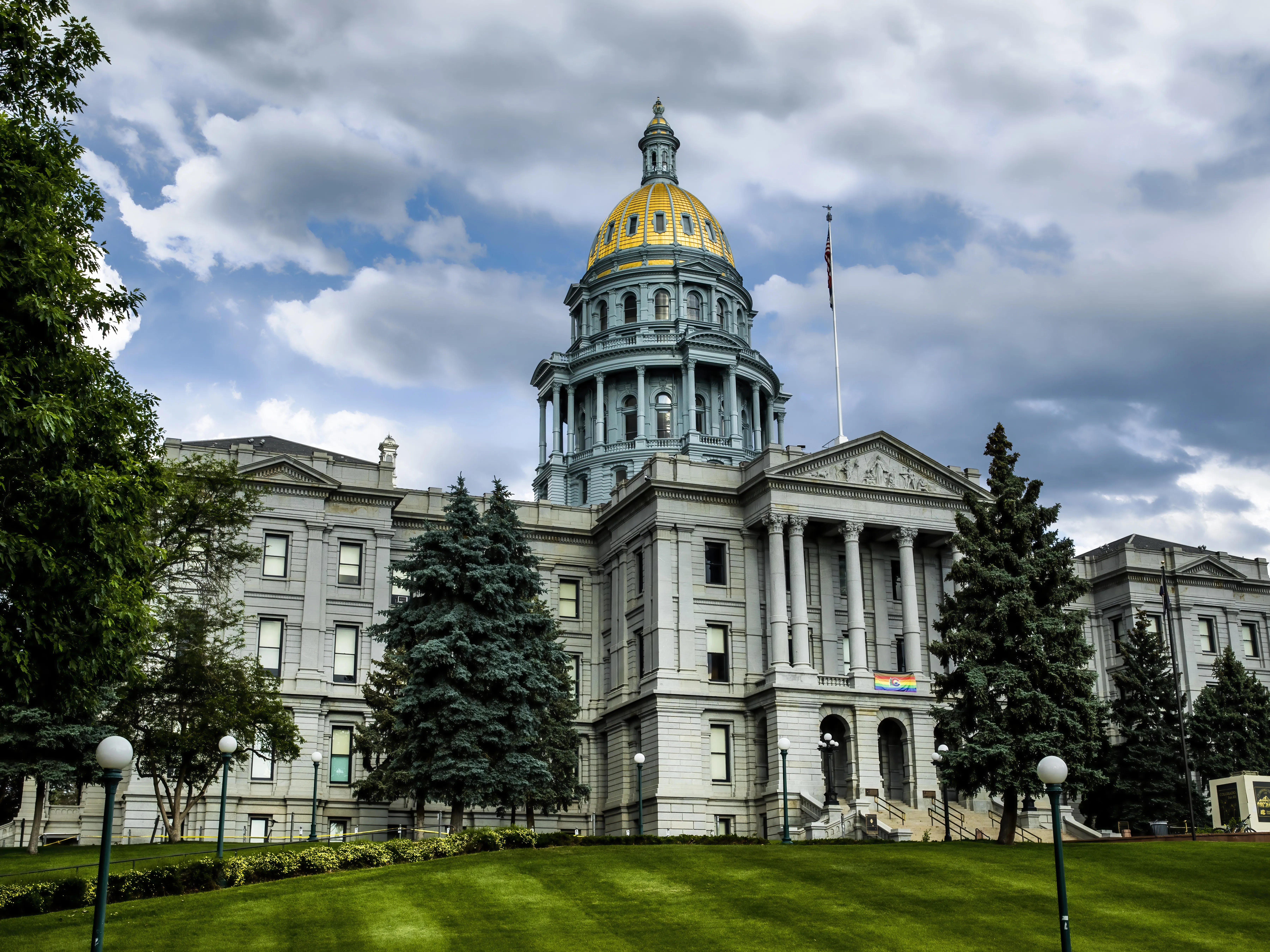
Daily Audio Newscast Afternoon Update - August 22, 2025
© INDU BACHKHETI - iStock-1336427297
News from around the nation.
FBI raids home of John Bolton, Trump's ex-national security adviser; Medicaid cuts threaten access to reproductive health care in PA; Virginia education supply store folds under Trump's tariffs; OH pilot solar project remains intact despite federal cuts.
Transcript
The Public News Service Friday afternoon update.
I'm Mike Clifford.
The FBI raided the home of Donald Trump's former National Security Advisor, turned critic, John Bolton, on Friday morning.
That, for The Guardian, they report the federal search of Bolton's house in Washington, D.C., was part of an investigation involving the handling of classified documents, the Associated Press reported, citing a person familiar with the matter.
The Guardian notes FBI Director Kash Patel posted a cryptic message on X Friday morning saying, No one is above the law at FBI agents on a mission.
Vice President J.D. Vance reposted Patel's message, as did Dan Bongino, the deputy director of the FBI, Bongino adding public corruption will not be tolerated.
Bolton was not home during the raid, CNN reported.
He told the news channel he was not aware of the FBI search and was looking into it further.
Meantime, Pennsylvanians on Medicaid rely on Planned Parenthood for health services, but their access is threatened by a political and legal struggle over funding.
Planned Parenthood of Western Pennsylvania could lose $1.4 million a year with federal cuts to Medicaid and Title 10 funding.
Signe Espinoza of Planned Parenthood of Pennsylvania says part of the One Big Beautiful Bill Act that prevents federal Medicaid reimbursements for groups that offer family planning services has been temporarily blocked by a federal judge.
But Espinoza is concerned the uncertainty has put health care for thousands of Pennsylvanians at risk.
Regardless of the outcome.
We know that in Pennsylvania folks can still access their sexual and reproductive health care whether they're a Medicaid patient or not.
Espinoza warned up to 200 health centers nationwide could close.
Danielle Smith reporting.
We head next to Virginia where small business owners in the Commonwealth are feeling the impacts of the Trump tariffs.
For some that means closing their doors.
In April, Trump announced a series of tariffs that include 10 percent across the board on virtually all imported goods and services.
Some tariffs were delayed, but businesses are now seeing higher prices.
Tracy Fisher has owned Chalk and Moore, an educational supply store in Frederick, Virginia, since 2019.
Last month, the store announced it was closing its doors.
As a result of the tariff placed on items, now has resulted in their price going up, which then resulted in our prices having to increase.
I'm Zamone Perez.
This story produced with original reporting by Josh Israel with the Virginia Independent.
And as federal dollars dry up for current and future environmental projects nationwide, nonprofit Columbus Region Green Fund is a clean energy lender or green bank dedicated to deploying equitable clean energy across central Ohio.
The Columbus Green Fund Executive Director is Zach McGuire.
That North Carolina House proposal is expected to reach just about 2 percent of North Carolina households and the most financial benefit that they would receive is $200 a year.
Their mission is to ensure every Columbus resident benefits from the transition to clean energy through the Impact Solar Pact Regional Pilot Program.
This is Public News Service.
A little more than a year from now, new Medicaid work requirements kick in.
They're part of the domestic policy law approved by Congressional Republicans.
By December 31st of next year, states must implement work requirements for adults receiving Medicaid coverage if they fall under an expanded program.
Each month, they'll have to do 80 hours of work, school, or volunteering to stay eligible.
Sarah Aker with the Department of Health and Human Services says roughly half of these recipients in North Dakota already work, with others meeting separate benchmarks.
Still, she says outreach is needed.
We anticipate doing a lot of education over the next year about this.
They should expect to get more mail from us informing them of these changes.
We'll also be doing a lot of updates to our website.
She expects extra communication with providers, assistance groups and local public health leaders.
Inker doesn't think North Dakota will feel the effects as much as other states with 3-5 percent of recipients here at risk.
I'm Mike Moen.
Meantime, Michigan lawmakers are calling out the new federal budget, aka the Big Beautiful Bill Act, as harmful to working families and the state budget.
Officials warn the bill could strain state services, noting Michigan's Supplemental Nutrition Assistance Program, or SNAP, has an error rate above 9 percent. that could leave the state on the hook for food benefit costs and administrative burdens.
Speaking at a virtual press conference with Michigan lawmakers, State Representative Sean McCann stressed rural health care could be hit hardest.
The Hospital Association of Michigan, when they are consistently saying that this bill is going to create a serious health care access problems in the state of Michigan, especially in rural Michigan where hospitals have up to 40 percent of their patients be Medicaid patients.
Supporters argue the law strengthens the economy, pointing to seven to almost $10,000 in projected take-home pay gains for a typical Michigan family, and tax relief averaging over $3,000 per taxpayer in 2026.
They say those benefits will help families cover higher cost and protect jobs statewide.
Crystal Blair reporting.
Finally, North Carolina lawmakers want to follow the federal government's lead on exempting taxes on tips in most cases, but critics of the policy say the minor benefits only help a small number of workers.
The version in North Carolina would allow a deduction of up to $5,000 in tips annually.
However, Sally Hodges-Koppel with the North Carolina Budget and Tax Center says that impacts a small number of workers.
That North Carolina House proposal is expected to reach just about 2 percent of North Carolina households.
And the most financial benefit that they would receive is $200 a year.
One bill in the North Carolina General Assembly would raise the minimum wage in the state to $18 an hour, which would raise wages for about a quarter of workers in the state by an average of $3,700 a year.
The One Big Beautiful Bill Act passed in July allows workers to deduct up to $25,000 a year from their taxable income.
This is Public News Service.
















